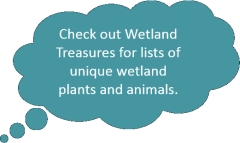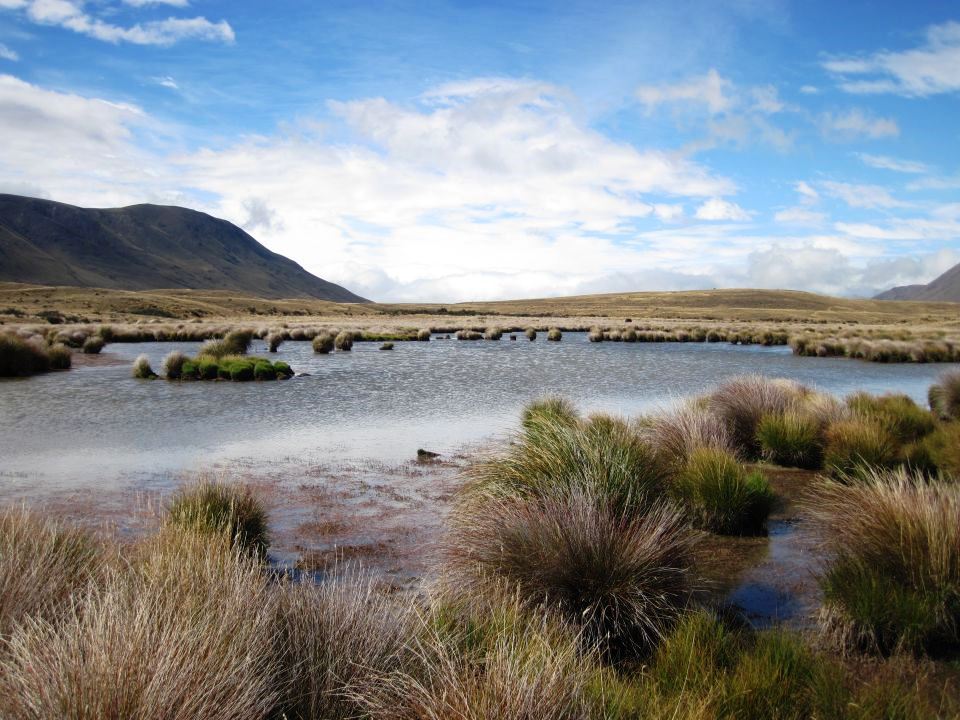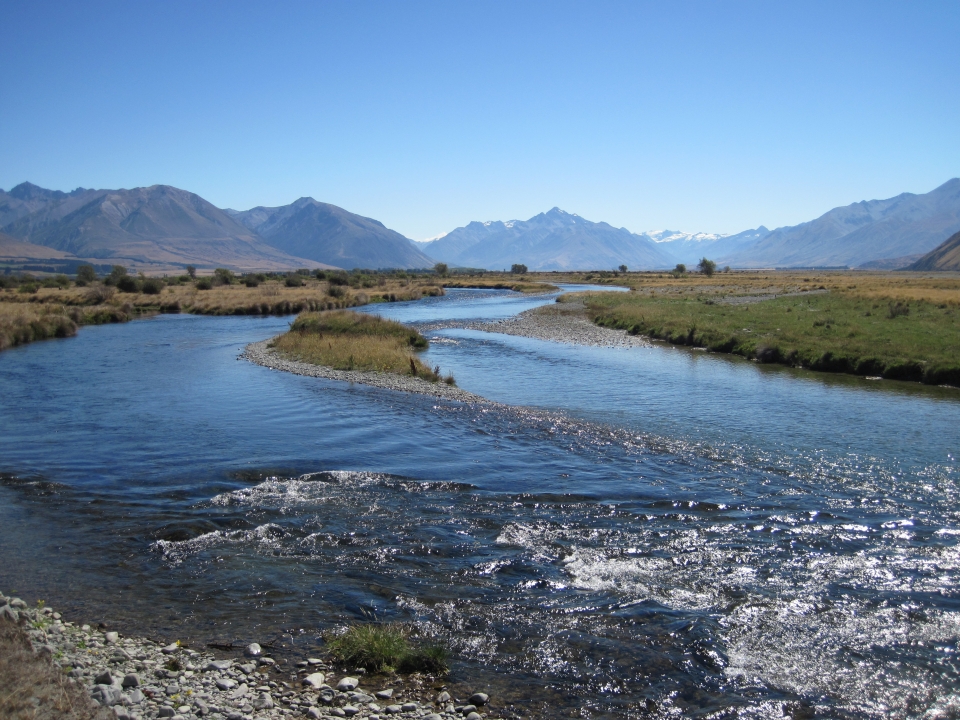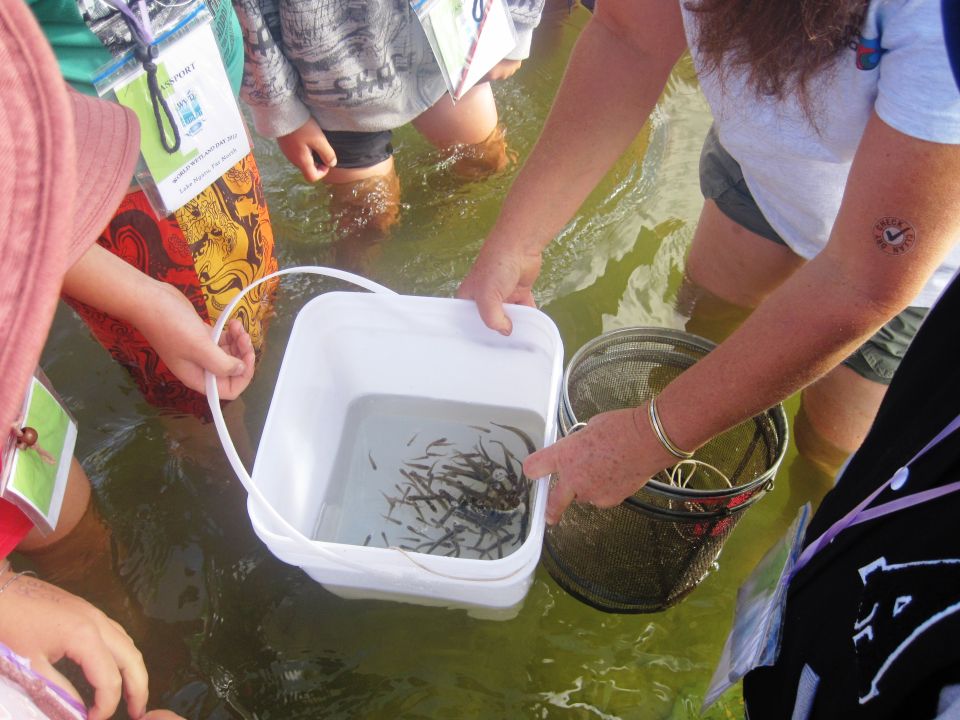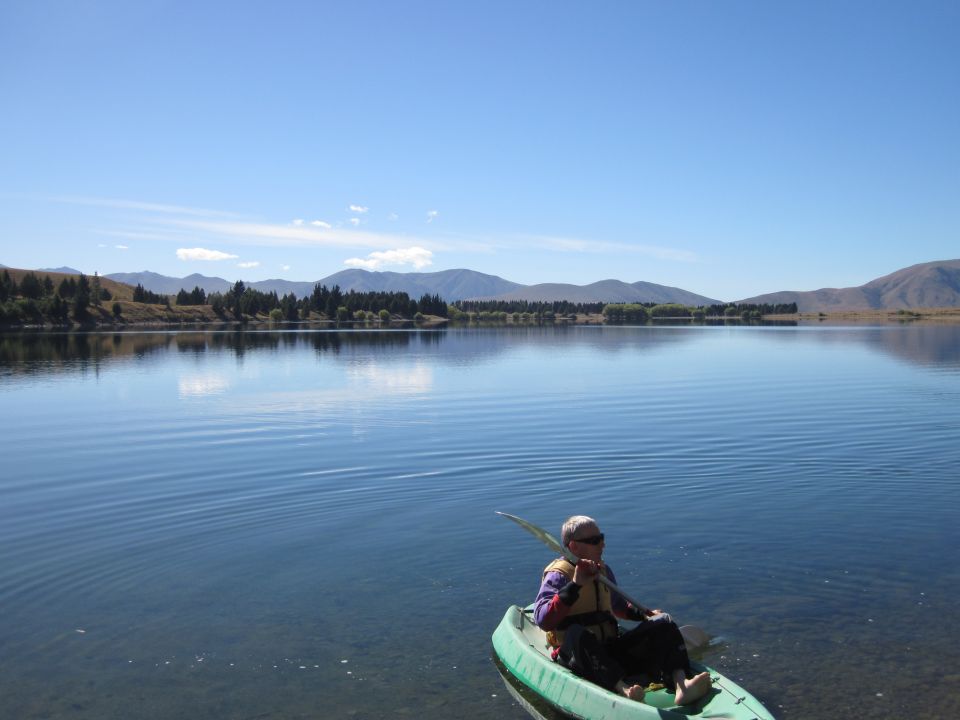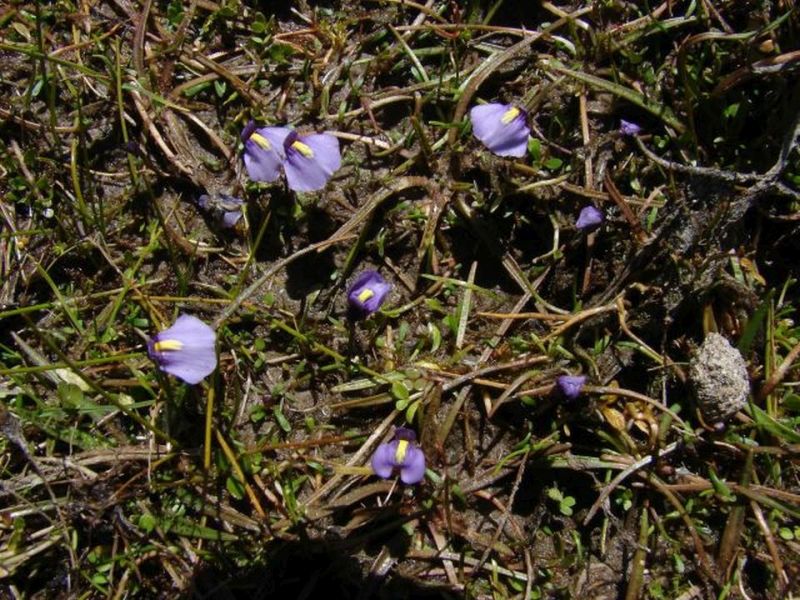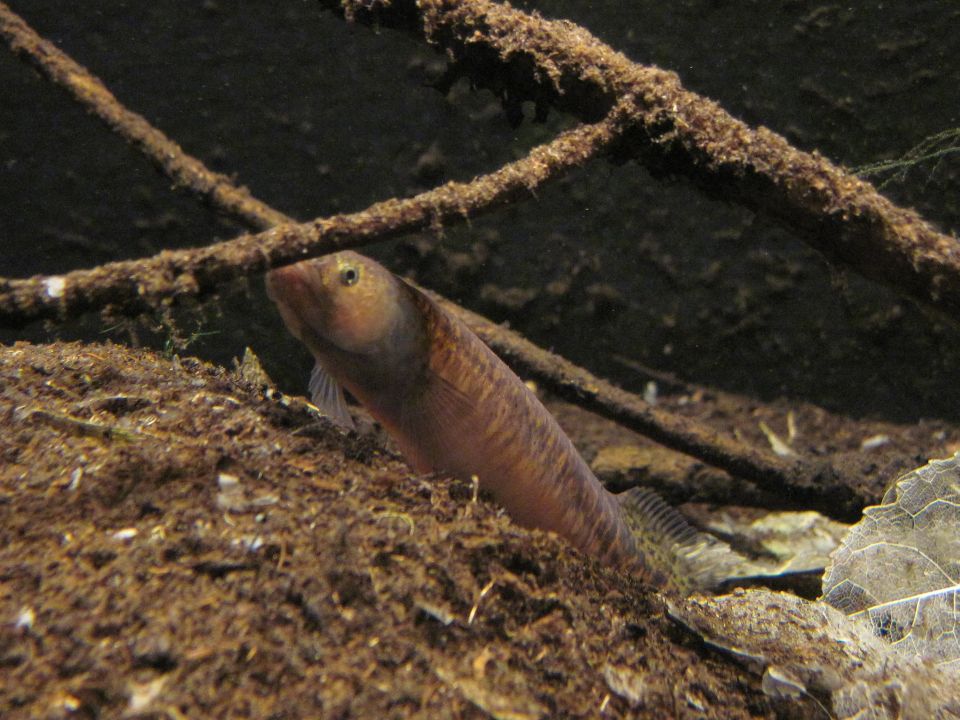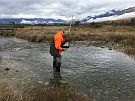Flood control
Wetlands absorb water during heavy rain, releasing water gradually so flooding is reduced. Downstream water flows and ground water levels are maintained during periods of low rainfall.
Water quality
As water moves into a wetland, the flow rate decreases, allowing particles to settle out. Plant surfaces provide filtration and absorption of solids, and add oxygen to the water. Growing plants remove nutrients such as nitrogen and phosphorous from fertilizers and animal wastes. This cleansing role of wetlands protects downstream environments.
Sediment removal
Sediment-laden water flowing through a wetland is slowed down by dense vegetation. As the water slows, the mud and earth carried in the water sinks and becomes trapped by the roots of plants. This stops the sediment flowing into rivers, lakes and harbours where it can smother the bottom with silt, destroying habitats for plants, invertebrates and fish.

Recreation
Wetlands offer a wide variety of recreation activities including boating, fishing, swimming, bird watching, whitebaiting and hunting.
Tourism and education
Wetlands are attractive to visitors because of the large numbers and diversity of species they support. Wetlands also offer many interesting education opportunities.
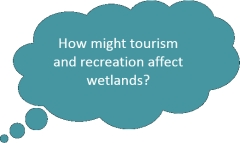
Exceptional plant habitats
A huge range of plants inhabit wetlands. A number of New Zealand’s endangered plant species depend totally on wetlands.
Animal survival
Wetlands support the greatest concentrations of bird life of any habitat in New Zealand. The survival of many threatened species relies on New Zealand’s remaining wetlands.
Native fish need wetlands too. The decline in native fish populations is directly related to reductions in freshwater habitat.
Unique biodiversity
New Zealand’s freshwater biodiversity is unique worldwide. Because of our long history of isolation from other continents, many of our freshwater species are endemic, that is, they occur nowhere else in the world.
